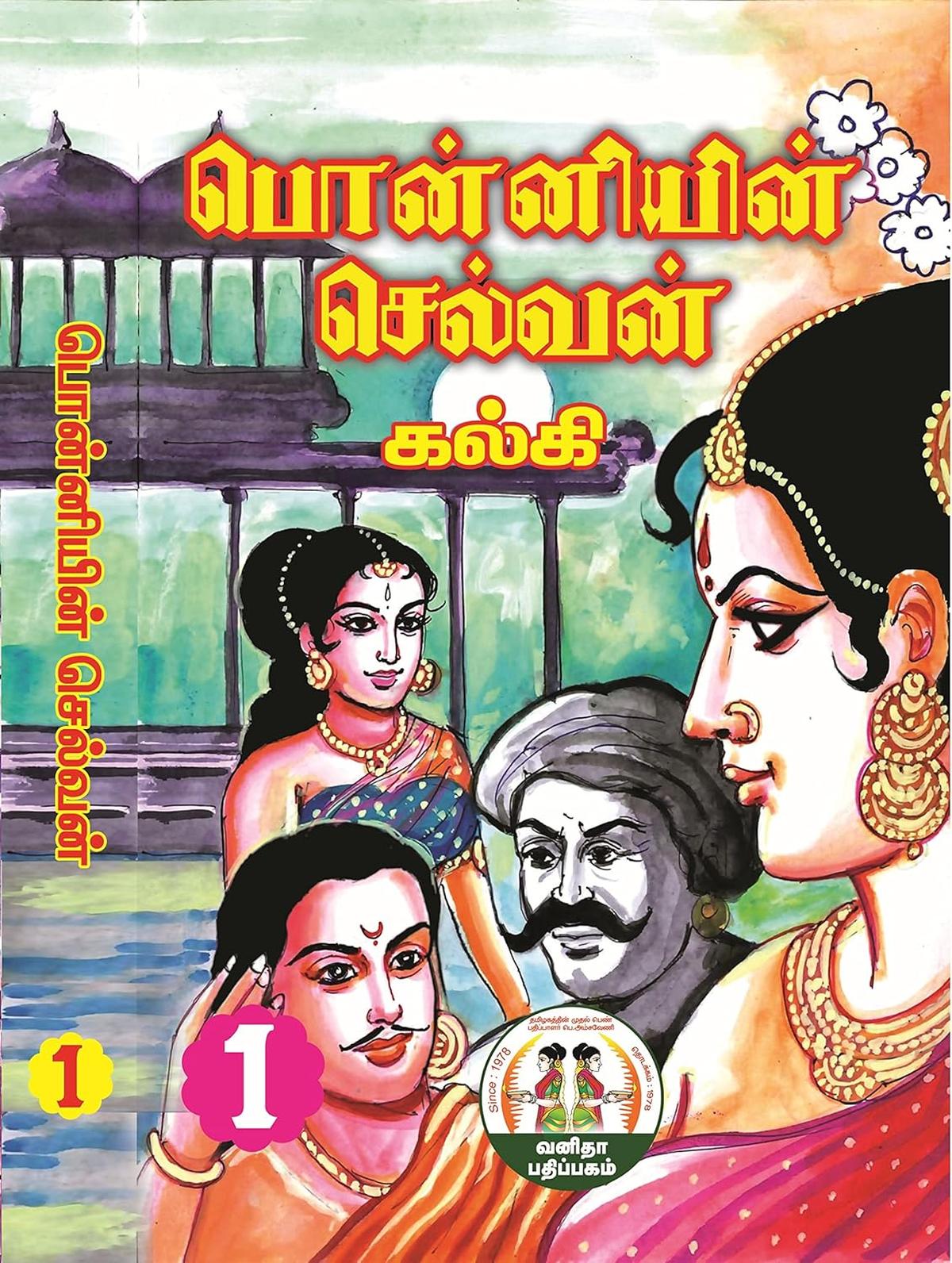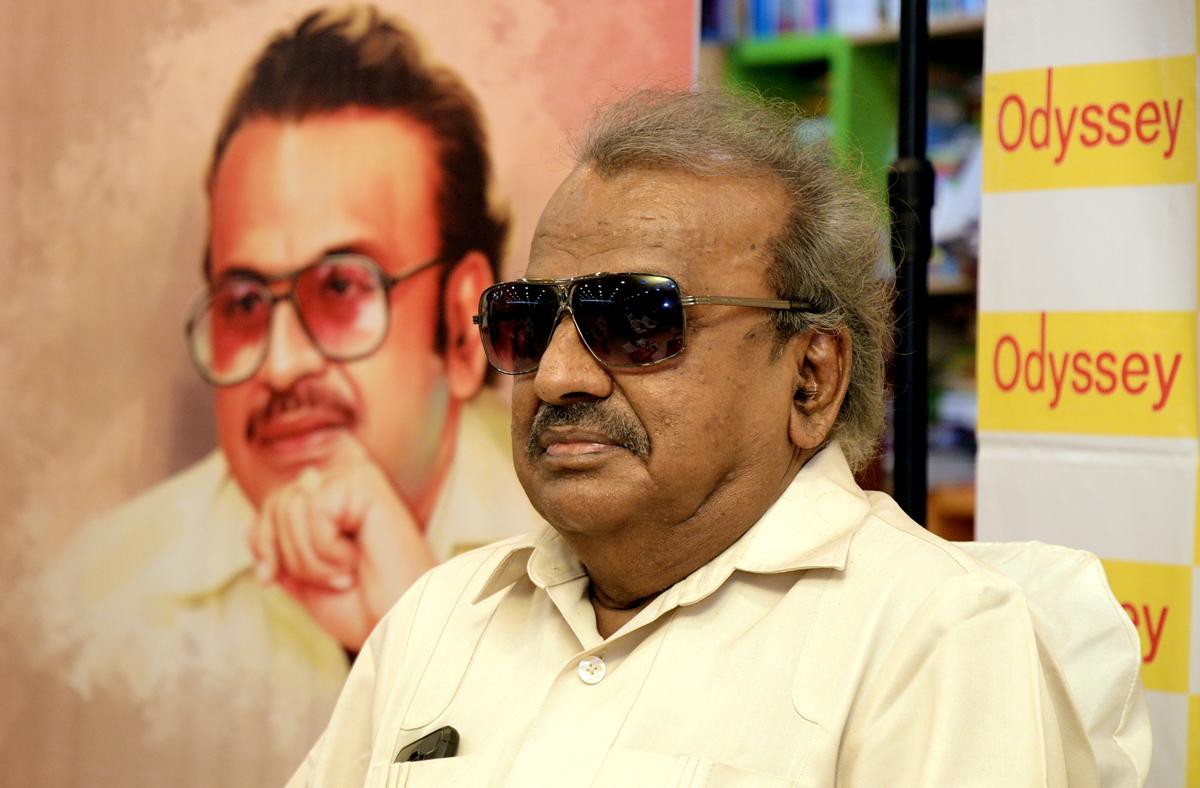With rising screentime and shrinking attention spans, sitting down to read a book often feels like a Herculean task. But in an increasingly digital world, audiobooks have emerged as the perfect companion to help tackle those unread titles on your list. Just pop your headphones on, and let the immersive narration and sound effects transport you into the heart of the story — making the reading experience more engaging, accessible, and intimate than ever before.
“There is a considerable population which does not know how to read and write in Tamil but can speak and understand,” says Rajesh Devadas, owner of Pustaka Digital, an e-book and audiobooks publication. He adds that this is driving their market.
It is why we see as many publishers jumping on the audiobook bandwagon. To make the product more appealing, celebrities have been roped in to read, providing better visibility to some tales. For instance, actor Lakshmipriyaa Chandramouli has narrated books such as Thanneer and Kalvananin Kadhali, among others. Actor Raaghav Ranganathan who has voiced for books like Perumal Murugan’s Koolamathari and Sundara Ramaswamy’s Prasadam, had hopped on to the trend of book narration during the COVID-19 pandemic.
According to data shared by Yogesh Dashrath, country manager at Storytel India, more than 70% listen to regional content in India, as against 30% who listen to audiobooks in the English language. Audiobooks also help people who migrate to different cities and countries and are looking for ways to stay connected with their roots.One hence notices how audiobooks increase the consumption of books in regional languages — the content is economical, and available with just a tap.
Kunj Sanghvi, head of content at Kuku FM, noticed that YouTube didn’t have enough content for the Tamil-speaking audience, and hence began converting Tamil print books into audiobooks. On Kuku FM, the best selling writers are Kalki, Indra Soundar Rajan, Pattukottai Prabhakar, Perumal Murugan, Gokul Seshadri and Indumathi, among others.

As per data shared by Kunj, 2.2 lakh people have been listening to Kalki, and 2.1 lakh people have listened to the works of Rajesh Kumar on Kuku FM. There are 2.5 lakh Tamil subscribers.
Audiobooks also make learning the language easier. “Put it in your pocket or listen to it on a speaker in your car. You don’t have to look at it while listening. This will reduce your screentime as well,” says Murali Kannadosan, who runs Kannadasan Pathippagam. Kannadasan Pathippagam is a bookstore and publishing house of poet, lyricist and writer Kannadasan whose works can now be accessed auditorily.
These books are also useful for people who know the language well, as not everyone has time to read says Deepika Arun, proprietor of Kadhai Osai, an audiobooks publication that has published 104 audiobooks so far.
Engaging with Tamil
These books are also an effective way to preserve regional folklore. “Unless you are deeply rooted in your culture, you’re kind of lost. You will be like a tree that has no deep roots,” says Gokul Sesadri, a Tamil historian and writer, speaking of the need to keep these tales alive in whichever format they may be. “Audiobooks are becoming more inclusive and a hybrid model,” adds Karthikeyan Pugalendi, a third-generation owner of Sixth Sense Publications. One of the leading Tamil publishers, they have published close to 500 titles where non-fiction is their strongest suit, and other bestsellers include autobiographies, self-help, motivation, management and philosophy.

Despite these strides in Tamil literature, a lot is yet to be accomplished in this regional audiobooks landscape. For instance, bestsellers in English language have both printed books as well as audiobooks released at the same time. That is not the case with Tamil audiobooks.
“It is the sheer infrastructure and the volume in which English publications operate. In Tamil publication, it is mostly a family-run business and is comparatively a small-scale industry,”saysKarthikeyan.
However, Deepika says that there is a lot of writers who are still sceptical about audiobooks as they are afraid that the sale of physical book will decrease. “There is a lack of awareness about how audiobooks function. It is a way for authors to make revenue out of their work on a different platform, reaching out to a different audience: a new audience,” she says.
In terms of revenue generation, Deepika says that there is an advance royalty paid to artists which is recouped by the platform. The subsequent payout is based on the number of listens.

Writer Rajesh Kumar interacts with his readers at a felicitation at Odyssey bookstore, Brookfields in Coimbatore.
| Photo Credit:
S. SIVA SARAVANAN
Murali says that the requirement of a proper narrator is important, especially with regional languages. They particularly need to have proper pronunciation.
“Authors do read their works but need a professional narrator as it is a different medium altogether. It is a slow process because only small publications usually publish audiobooks. For real change, major players have to jump in,” says Deepika.
Despite the spaces for growth in this sector, audiobooks tend to provide solace. It promotes an entirely new avenue to reading, hence becoming its greatest takeaway. Indhu Priya, from Chennai, has been listening to audiobooks for the last two-and-a-half years. Her favourite genre is historical fiction. “I used to be a voracious reader. But with kids and household work, I found it hard to pick up a book and read. Audiobooks have helped me start reading again. I have combined it with my everyday activity like cooking and cleaning. It has made reading very easy.”
Published – April 02, 2025 07:08 pm IST
Source:https://www.thehindu.com/books/will-you-give-this-book-a-listen/article68041571.ece

